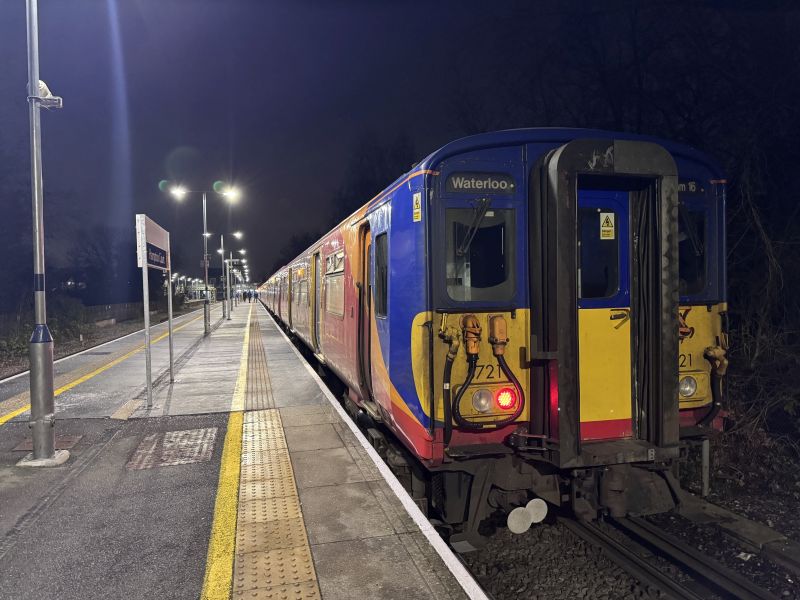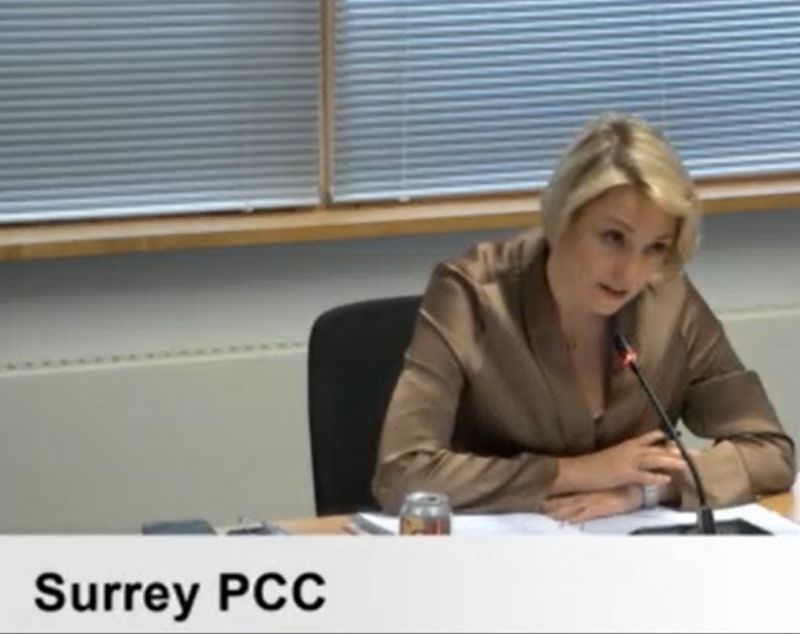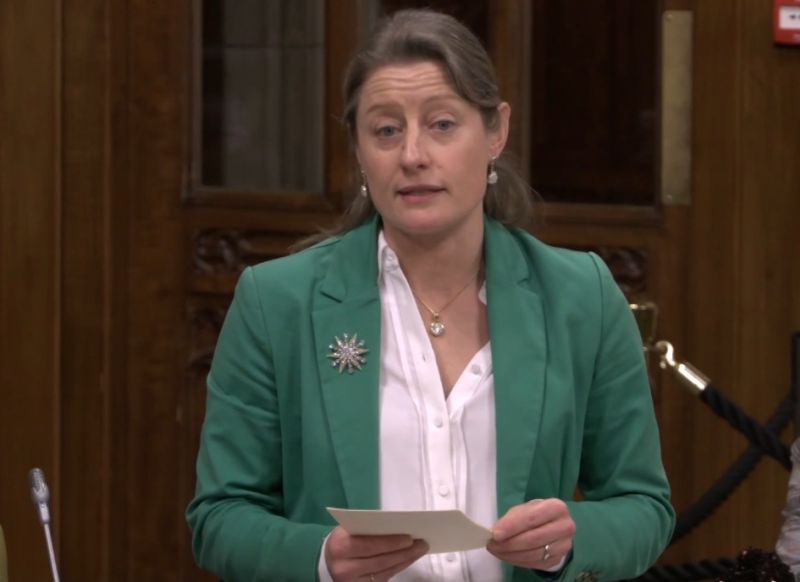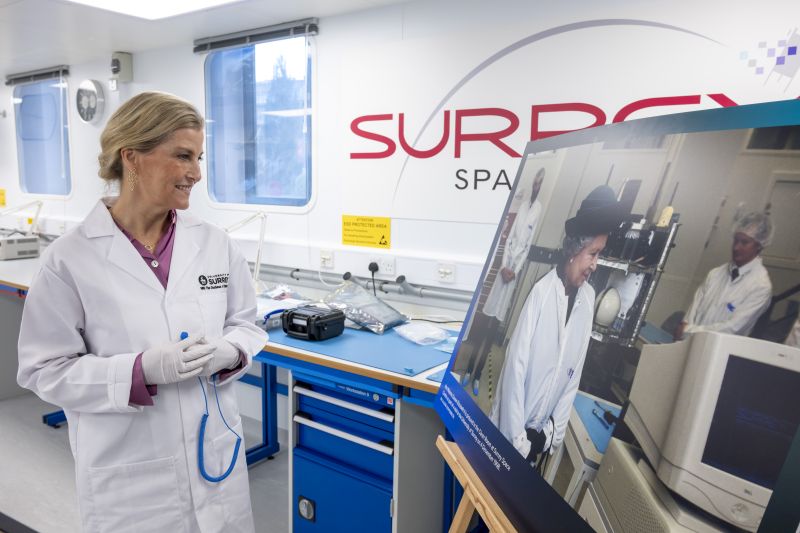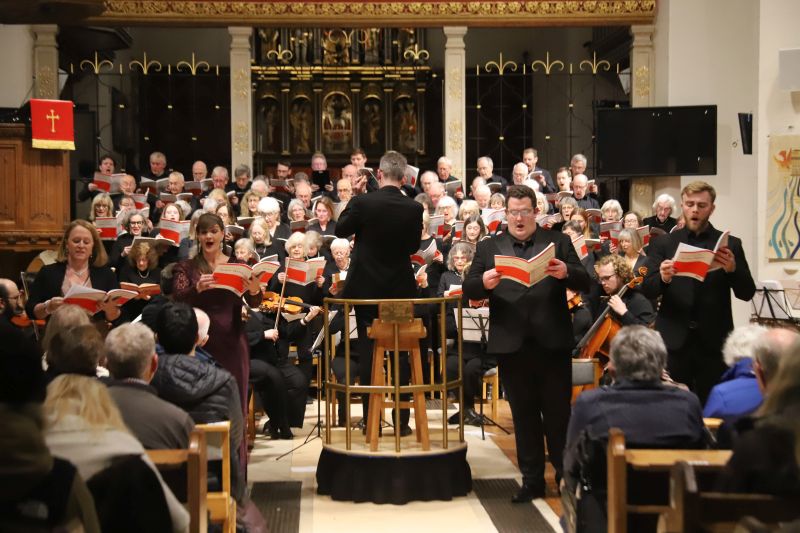Epsom Choral Society maintains its good standing
Epsom Choral Society’s performance of Dvořák’s Stabat Mater on 22 November 2025 at St Martin’s Church was an evening defined by emotional depth, musical discipline, and an unwavering sense of communal purpose. Under the assured direction of conductor Julian Collings, the choir and English Sinfonietta delivered a moving and meticulously shaped reading of one of the choral repertoire’s most profound sacred works.
The church’s warm acoustic proved especially well suited to Dvořák’s expansive, reverent writing; the opening lament, “Stabat mater dolorosa,” unfolded with a gentle solemnity that felt both intimate and monumental. The lower voices of the choir set a somber foundation, their tone grounded and resonant, while the sopranos floated above with clarity. Collings shaped the movement with confidence, never allowing the pacing to sag despite the movement’s extended emotional breadth.
The quartet of soloists—Lisa Swayne (soprano), Judy Louie Brown (mezzo-soprano), John Findon (tenor), and Niall Anderson (bass)—brought a balanced and expressive presence to the performance. Swayne’s soprano was notable for its bright, ringing top notes, which soared effortlessly. Brown’s mezzo offered a warm, velvety counterpoint, particularly effective in the more introspective sections, where her phrasing carried a natural, speech-like flow.
Tenor John Findon delivered a compelling and lyrical performance, bringing both tenderness and urgency to his solos. His projection was clear, even in the church’s generous acoustic. Bass Niall Anderson provided a strong anchor, his tone rich and reassuring—especially striking in moments where Dvořák’s writing descends into darker, more meditative territory. Together, the four voices blended with admirable cohesion, never overshadowing the chorus but instead weaving in and out of the larger texture with sensitivity.
The English Sinfonietta supported the vocal forces with refinement and expressive nuance. The string section, in particular, brought a glowing warmth to the score, highlighting Dvořák’s gift for intertwining grief with deep spiritual hope. The woodwind solos were elegantly shaped.
Collings maintained clear and communicative direction throughout, guiding transitions with fluid movement and drawing out the work’s emotional arc with thoughtful pacing. By the time the triumphant closing movement, “Quando corpus morietur,” arrived, the ensemble had built a compelling narrative of suffering transformed into hope, making the final “Amen” genuinely uplifting.
What stood out most across the performance, however, was the sense of collective commitment. Epsom Choral Society attracted a sizeable audience despite, the inclement weather, and there was a real sense of community between the choir and the audience.
Jane Wilkinson









